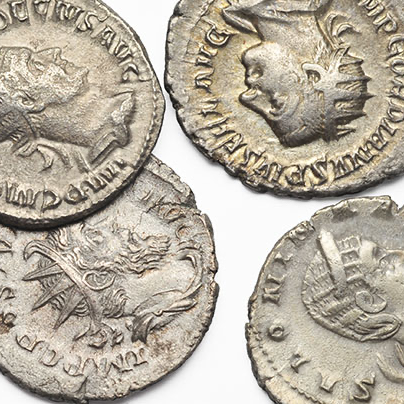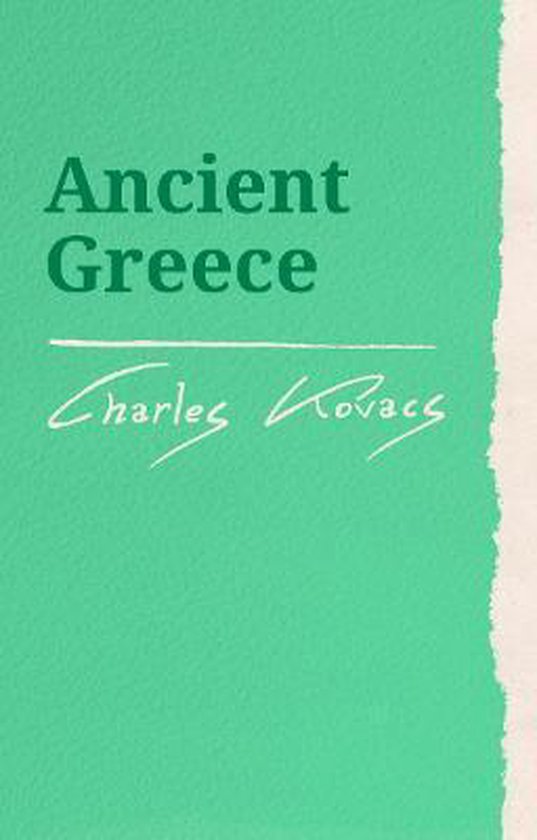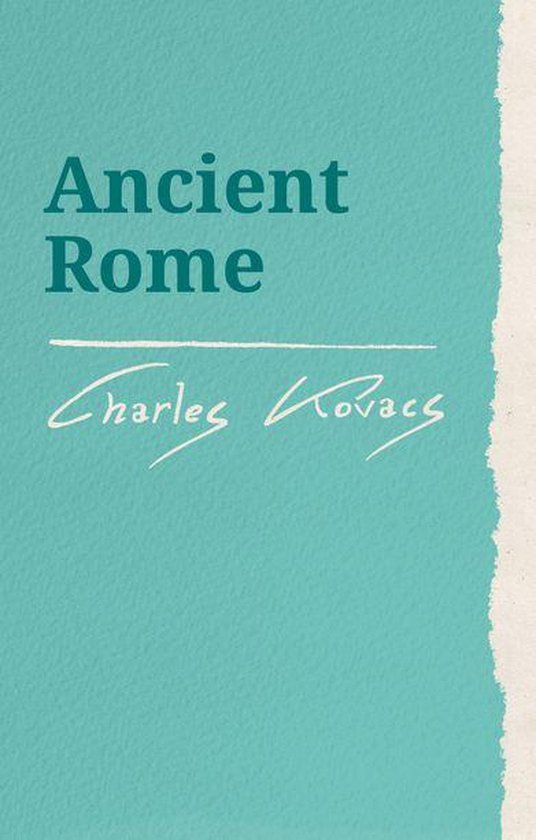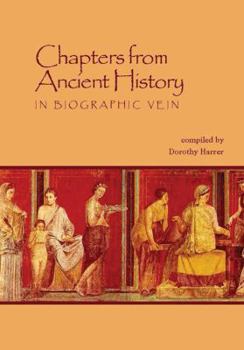Greek & Roman History
updated January 5, 2025
Recorded here is my own personal collection of articles, resources, favorite links, teaching ideas, and lesson plans. It encompasses many years, from the very beginning of my experience studying and learning about Waldorf to the present time. People from all around the world visit my site and recommend it to others. Welcome!
This site records my journey. I hope my honesty is encouraging and helps break down some barriers that may prevent people from trying Waldorf methods. Because this is an ongoing site documenting my curriculum planning and ideas, some materials are more Waldorf-y than others. Please feel free to take what you like and leave the rest.
This page has helpful links and LOADS of free resources to help you plan your sixth grade year. Enjoy!
Mission Statement - Consulting Services - Lending Library
Greek & Roman History
for Class 6
5-DAY ONLINE COURSE:
Waldorf Main Lesson Block Planning: Greek & Roman History

Join a community of fellow homeschoolers planning this exact same main lesson block for plenty of help and support.
This course is aimed at homeschoolers who are already familiar with the Waldorf method, but
would appreciate extra feedback and encouragement in planning this block.
Make friends and ask specfic questions of
an experienced Waldorf homeschool teacher and consultant as you work through this inspiring, do-able, step by step course.
Lifetime access.
Just $30.00!
Rationale
Ancient Greece is begun in grade 5 and then concluded in grade 6, through a transition
from Mythology into History, covering the decline of Greece
and then the rise (and
the fall) of
Rome, then marching onward to the Dark Ages / Middle Ages.
BUT, if there are to be three Cultural blocks in Sixth Grade, I don't agree that one should be History of Ancient Greece,
one should be History of Ancient Rome,
and one should be the Middle Ages.
I like the idea of a block on the Israelites, Philistines & Phoenicians
(using Ancient Israelites and Their Neighbors by Marian Broida). Or a block on the First Nations peoples of North America (which Columbus will "discover" next year in
the Seventh Grade Curriculum). Or a block on Ancient Asian cultures like China & Japan. Or a block on Ancient
South American cultures like the Aztecs, Inca & Maya.
And so on.
In short, to keep the curriculum stream-lined and allow for further topics of exploration, I am in favor
of combining the histories of Greece & Rome. For this the best book is by Genevieve Foster.
Note:
This block will work best if it comes after the String, Straight-Edge &
Shadow geometry block.
Pinterest - Renee Schwartz
My curated collection of visuals! Browse sample main lesson book pages, watercolor paintings, chalkboard drawings, etc. for Ancient Greece
and Ancient Rome.
FREE eBooks at the Online Waldorf Library
Excellent resource! Published Waldorf curriculum books provided here in PDF format for you to download, keep, and read... for free!
Sample Lessons and Free Curriculum
Other Helpful Links
Books to Buy
The resource which I think would be best for this combined main lesson block is
Augustus Caesar's World: 44 BC to AD 14 by Genevieve Foster.
It is so well written and interweaves
and reviews some of the information which was covered in 5th grade in a Waldorf school (such as Ancient Egypt). This approach is called "horizontal history." She
traces seven major civilizations (Rome, Greece, Israel, Egypt, China, India & Persia) from 4500 BC onward to help explain the time
in which in which
Augustus Caesar lived. She puts everything in context beautifully. I think it's the perfect book
to help cover any gaps as well as to help bring this historical period to life!

Augustus Caesar's World: 44 BC to AD 14
by Genevieve Foster
free sample (PDF)
Although Charles Kovacs wrote a book on Ancient Greece and one on Ancient Rome,
I'm not suggesting using them since you won't have enough time to get into that level of detail in a single
main lesson block. You may, however, decide to purchase
them and read them on your own, to deepen your own teacher background.


If you feel that Foster slants things a little Rome-heavy, there is also the book by Dorothy Harrer, Chapters from Ancient History,
available at Amazon and also online for FREE at the Online Waldorf Library (and includes Ancient Greece as well).
If you compare her book with Foster's, the things she covers which Foster leaves out are Athens, Sparta, the Persian Wars, and Alexander the Great.

Chapters from Ancient History
by Dorothy Harrer
You could do "The Delphic Oracle" through "Alexander the Great" to begin this block
assuming that fifth grade ended with the Olympics. Families who used Dorothy Harrer's book
for Ancient Greece in 5th grade instead of D'Aulaire's Mythology will have already covered this content.
Another option for Ancient Greece is V.M. Hillyer's A Child's History of the World,
available for free at Project Gutenberg. My absolute
FAVORITE book as a child!
I also wanted to include in this block some of the famous Ancient Greek philosophers and mathematicians (Thales,
Archimedes, Eratosthenes).
Note: This block will work best if it comes after String, Straight-Edge &
Shadow.
Suggested Pacing:
In order to have enough time for this combined block, I suggest a five week main lesson (six if you add in a bit from Harrer as well).
Part I in Week 1, Part II in Week 2, and so on.
WEEK ONE - GREEK HISTORY
from Dorothy Harrer's Chapters from Ancient History
Monday The Delphic Oracle, p.103
The Hand of Greece, p.104
art project - watercolor painting of the hills of Greece
Lycurgus of Sparta, p.105
Education in Sparta, p.107
Earliest Athens, p.109
Solon of Athens, p.110
The Tyrant, Pisistratus, p.112
Tuesday
Themistocles and the Persian Wars, p.114
Wednesday
Pericles, p.124
Education in Athens, p.126
Priests of the Beautiful, p.128
East and West, p.129
Sophocles, p.129
Phidias, p.130
Thursday
The Birth of Philosophy, p.131
After Pericles, p.134
Philip of Macedon, p.135
Friday
Alexander the Great, p.137art project - tie the Gordion Knot
WEEK TWO - OCTAVIUS
When Augustus was the Schoolboy Octavius
Monday
Janus, p.xi
Under a Lucky Star, p.5
The Ides of March, p.10
Tuesday
Cleopatra and Her Son, p.14
Caesar's Adopted Son, p.19
Cicero, p.22
Wednesday
Conspirators Without a Plan, p.26
Mark Antony, p.29
Why is July?, p.35
Thursday
Gauls, Geese and Black Vultures, p.41
Octavian Plays the Game, p.45
Friday
Bloody Fingerprints, p.50
Candles and Holly Berries, p.56
WEEK THREE - IMPERATOR
When Octavius was the Young General Octavian
Monday
The Festival of Lights, p.63
Herod, Future King of the Jews, p.66
Philippi and the Ghost, p.71
Tuesday
Antony and Octavian Divide the World, p.77
Horace and the Country Mouse, p.80
Antony and Cleopatra, p.84
Herod, the Fugitive, p.91
Wednesday
Virgil and Isaiah, p.93
Octavia Weds Antony, p.97
Herod, King of the Jews!, p.100
To Athens and Return, p.102
Thursday
The Future Empress, p.107
The Siege of Jerusalem, p.108
A Turning Point, p.112
The Love Story Ends, p.117
Friday
Herod and Mariamne, p.122
Triumph and Peace, p.125
WEEK FOUR - AUGUSTUS
When Octavian was Given the Title of Augustus
Monday
Augustus Caesar!, p.133
The Druids, p.137
Tales of the Wild Northwest, p.141
Tuesday
A Wedding, p.145
The Pantheon, p.147
Wednesday
A Bible for the Romans, p.152
The Story of Aeneas, p.155
Who Were the Roman Gods?, p.159
Thursday
Golden Eagles Come Home, p.166
Out of Persia, p.170
We Still Call It Sunday, p.174
Friday
Herod and the Temple, p.177
Hillel, the Great Pharisee, p.182
The Law of Moses, p.186
Augustus, the God, p.192
WEEK FIVE - DIVUS
When Augustus was Worshipped as a God
Monday
A Roman Pharaoh, p.199
Remember Akhenaton, p.205
Philo and the Lighthouse, p.210
Tuesday - add in...
Wednesday
Questions and Answers, p.215
Stepsons and Stars, p.224
Strabo and the World, p.228
Of Calendars and the Mayans, p.233
Children of the Sun, p.239
Thursday
Herod is Dead, p.243
The Old Silk Road, p.246
Land of the Dragon, p.250
Friday
Of India and the Hindus, p.258
Pater Patriae, p.265
Buddha and the Kingdom of Truth, p.267
WEEK SIX - PATER PATRIAE
When Augustus was Honored as the Father of His Country
Monday
December 25, Year 1, p.277
Tiberius, p.282
A Boy of Nazareth, p.283
Tuesday
The Hebrew Prophets, p.287
Wednesday
On the German Border, p.295
The Passover, p.298
Thursday
"My Dear Tiberius," p.305
Hermann, the German Hero, p.308
Farewell Augustus!, p.312
Friday
The Kingdom of Heaven, p.315
A New Religion for Rome, p.320
My blog posts from teaching this topic:
Resources for Teaching Kids Philosophy
|